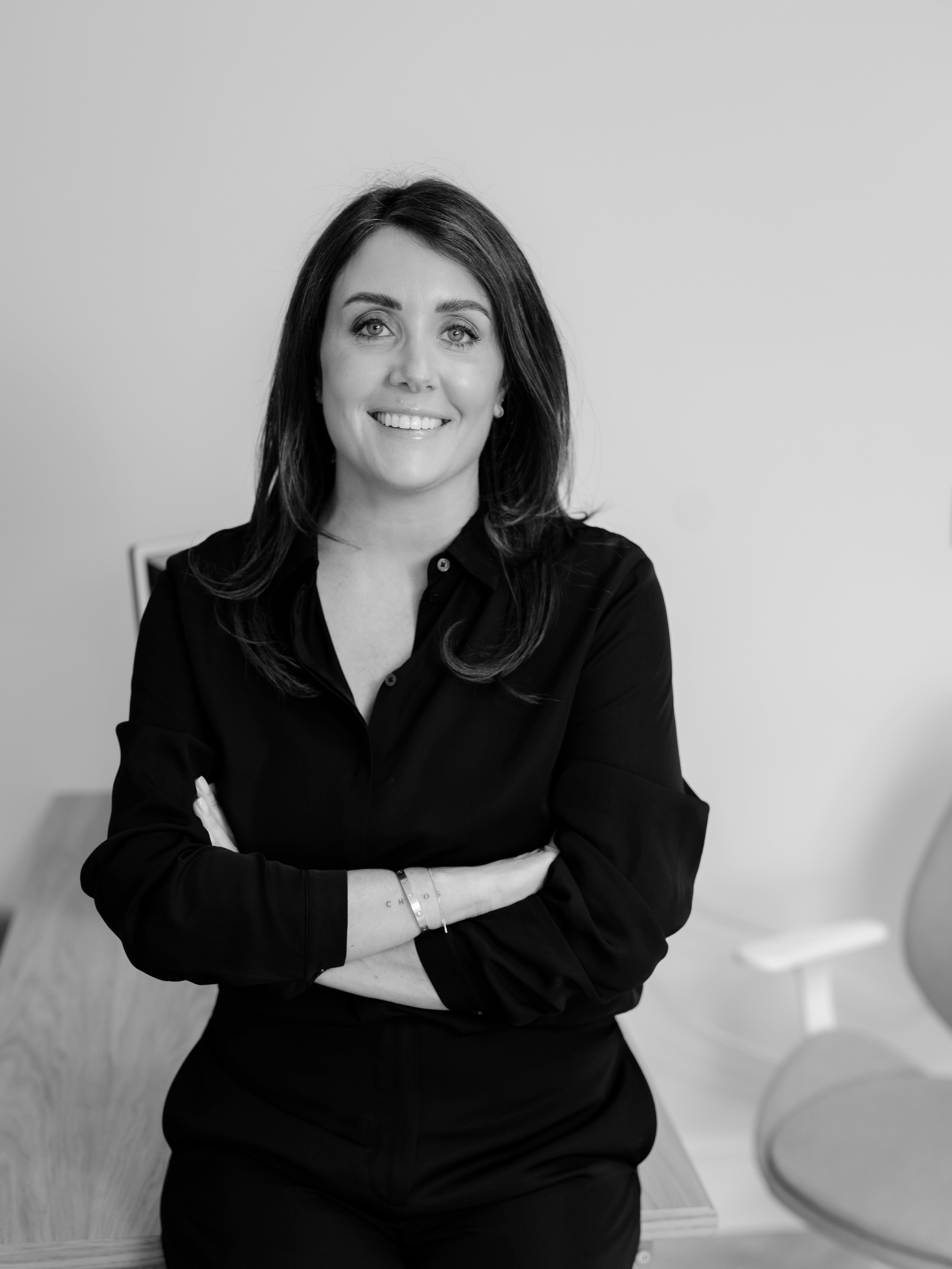WHAT YOU NEED TO KNOW
THE ULTIMATE GUIDE TO RETINOIDS
If you could only use one ingredient to transform your skin, it should be a retinoid. Dermatologists swear by them, I swear by them, and once you start, you probably will too.
WHAT YOU NEED TO KNOW
THE ULTIMATE GUIDE TO RETINOIDS
If you could only use one ingredient to transform your skin, it should be a retinoid. Dermatologists swear by them, I swear by them, and once you start, you probably will too.


retinoids are clinically proven to
✔ Reduce fine lines & wrinkles
✔ Reverse sun damage & pigmentation
✔ Unclog pores & prevent breakouts
✔ Improve skin texture & tone
But before you start slathering on the strongest one you can find, let’s break down what retinoids actually are, how to use them properly (without irritation!), and the best products for every skin type.
What Are Retinoids?
Retinoids are vitamin A derivatives that work by speeding up skin cell turnover and stimulating collagen production. Originally used to treat acne, dermatologists quickly discovered they have incredible anti-aging and skin-renewing benefits too.

Retinoids come in differing forms and strengths. There is literally something for everyone.
Once you choose a product, its description will populate here automatically.

Dr. Laura's Top Tips
✅ Start with a low-strength formula (e.g., 0.3% retinol)
✅ Apply only at night (they break down in sunlight)
✅ Use a pea-sized amount—more is not better!
✅ Buffer with moisturizer if you’re prone to sensitivity
✅ In clinic, we use a niacinamide serum alongside retinoids. Niacinamide is proven to improve strength and reduce retinisation.
✅ Introduce slowly—start 2-3x a week, then increase
✅ Pair with SPF 50 daily to protect your skin
OTC retinoids take longer to work because they need to convert into retinoic acid in the skin. Prescription tretinoin is stronger and works faster. If you want visible results but can’t handle prescription strength, try retinaldehyde or a high-strength retinol (like 1.0%).
The main benefits from retinoids are the anti-ageing effects, so it works well for over 30s’ skin (collagen levels start to decrease more rapidly in our 30s) when you start to see the beginnings of fine lines and wrinkles. However, because of all the other benefits there is absolutely no reason not to use it in your 20s and prevent lines and wrinkles, pigmentation etc! If I could go back to my 20s I would have started then for sure. A lot will come down to lifestyle and genes, some people might even need it earlier!
No! Retinoids actually thicken the skin by increasing collagen production.
Skin cell turnover takes about 4 weeks, but fine lines & wrinkles take 6-12 months to improve. Stay consistent!
Yes! Start slowly with a gentle formula and buffer with moisturizer.
Yes, but the eye area is more sensitive. Use a low-strength formula or an eye-specific retinol.
Retinoids are one of the ingredients that we tend to avoid in pregnancy. However the EU have recently said that retinol up to 0.03% can be used safely in pregnancy.
There is lots of varying opinions on this online. But if we look at the reason why its contra-indicated in pregnancy - due to birth defects - then when breastfeeding this risk no longer exists. So yes, retinol is fine when breastfeeding.